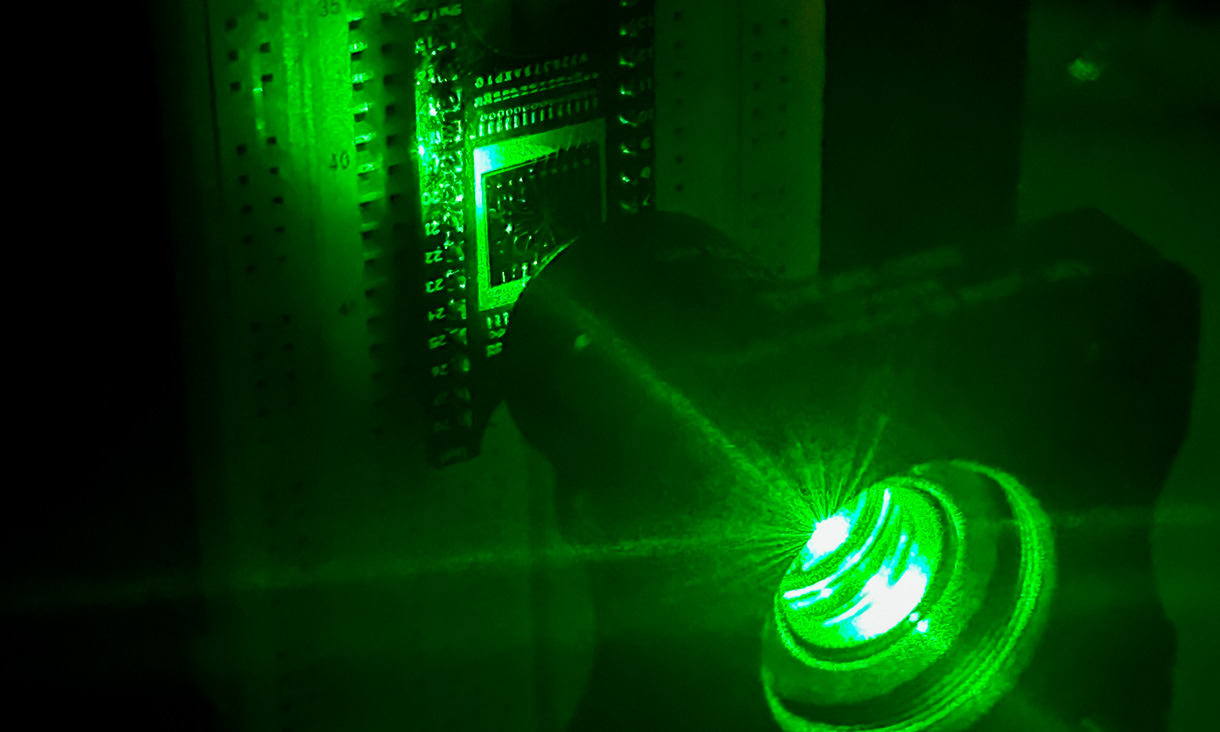Over the last few years, the world has observed a drastic change in terms of embracing sustainable solutions and technologies, which was termed by many as the “Clean Tech Revolution. “ The basis of this shift involves a rapid increase of interventions aimed at decreasing the negative impact on the environment while increasing the effectiveness of certain industries.
Be it a shift to using renewable energy or even effective techniques for efficient waste disposal, the clean tech revolution is the way to a greener industrial society. This guide explores some of the most exciting developments in clean technology, highlighting their potential to transform industries and contribute to a more sustainable planet. Ready to change your environmental surroundings? Let’s dive in:
A New Era of Renewable Energy:
Leading the efforts in cleantech is the evolution of the energy sources and it is in this area that there is great innovation. Solar energy, wind energy, and hydropower are viable commercial substitutes for fossil energy sources as they are more efficient and environment-friendly. The price of solar panels has reduced drastically in the last decade and this has made solar energy affordable to the common consumer and industries. Likewise, there is wind power in which large fields of windmills have been established to produce power through wind turbines without disturbing the environment much through the construction of offshore wind farms.
Floating solar farms are perhaps one of the most exciting innovations that have been created in this area. Some installations are floating structures situated on water and this allows efficient use of space and also minimizes evaporation, especially in areas where there is scarce space for land. In addition, developments in battery storage make renewable energy systems more effective as the excess power produced is stored and can later be used when the renewable systems are not producing energy.
Green Manufacturing Practices:
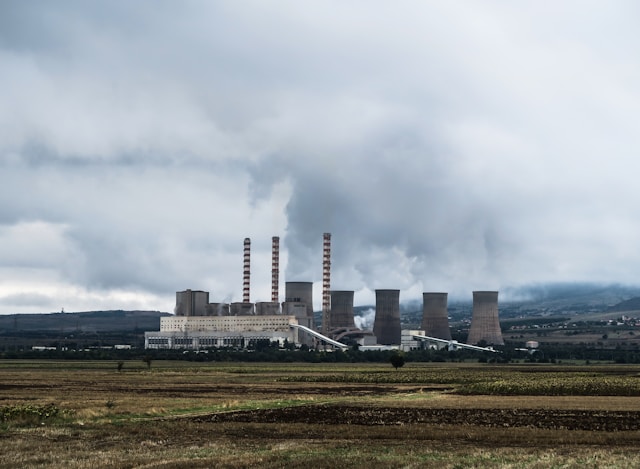
The industrial sector has for a long time been regarded as machinery of pollution and wastage, however, the latest technology, known as clean technology, is transforming the industrial manufacture of goods. There is the practice of ‘Circular Economy,’ which entails the reduction of waste, recycling, and reuse in organizations. When creating products, their durability and ease of recycling have to be taken into consideration, and this will definitely decrease the impact made by the companies on the environment.
Another revolutionary technology here is ‘Additive Manufacturing,’ better known as 3D printing. It enables precise production with minimal material waste, allowing manufacturers to create complex parts and products more efficiently. Additionally, the use of biodegradable materials in production processes is gaining popularity, further reducing the environmental impact of manufacturing.
Smart Grids and Energy Efficiency:
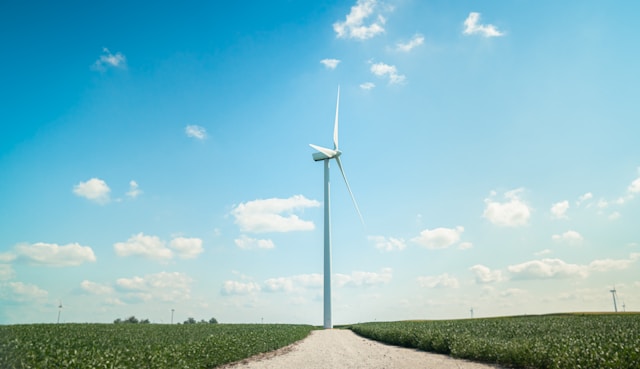
Another equally critical feature of the clean tech revolution is the incorporation of smart grids into the market. They also help to manage energy distribution and its use through efficiency and minimum wastage. Thus, smart grids use data about supply and demand in real-time, which makes it possible to increase the usage of renewable energy and decrease the usage of fossil energy.
Another wonderful segment is that energy-efficient buildings have also started adopting the green industrial revolution actively. Technologies like Smart thermostats, LED lights, and insulated materials are used to lessen energy consumption, which leads to less carbon emissions. When these applications of technology are integrated into the building design and operation, industries can save on energy expenditures and reduce negative effects on the environment.
Sustainable Transportation Solutions:
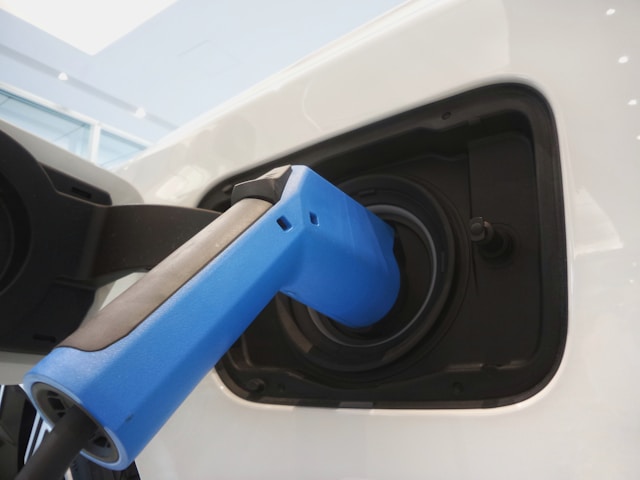
The transportation sector is one of the biggest sources of global greenhouse gas emissions but clean technology is playing a big role in innovation in this sector also. Novelty and ongoing advancements in battery technology that have improved the mileage of electric cars as well as the recharging time, have boosted the usage of EVs. The rollout of such infrastructure is also aiding our analysis of the ability of consumers and businesses to use electric options for transport.
Other than electric cars, hydrogen fuel cell technology is gradually emerging as a key area for development as a source of power for automobiles. Electric motor vehicles release only water, which is a colorless and odorless gas and this makes hydrogen vehicles to be the most environmentally friendly transport vehicles. In addition, new technologies of public transport like electric buses and trains are greatly enhancing the green image of cities while at the same time providing a good public transport system.
Advanced Waste Management Techniques:
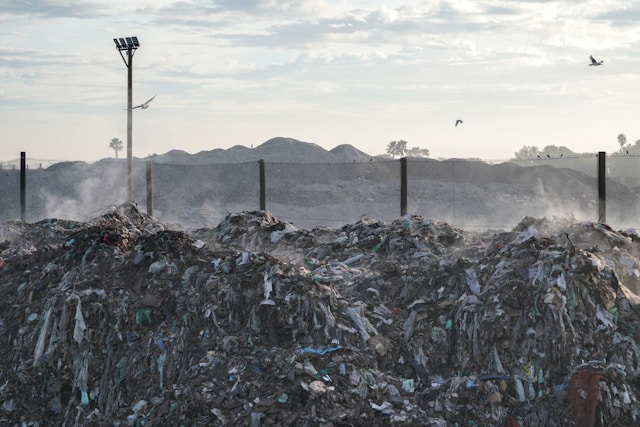
Waste disposal is critical for every industry since it plays a crucial role in determining the environmental repercussions of an industry’s operations. Through the use of clean technologies people are implementing high-standard methods of waste handling with special emphasis on recycling, composting as well as the recovery of energy from the waste. Technologies like waste-to-energy facilities where non-recyclable waste is converted to electricity or heat and thus minimize the amount of waste that ends up in the landfill.
Biodegradable materials and bioplastics are also advancing in waste management, particularly waste from your kitchen renovation or construction. These materials degrade faster in the natural environment; hence, they do not accumulate in landfills and pollute the environment. Furthermore, advancements in waste sorting and recycling technologies increase the capacity of recycling streams across the processes in order to increase the ratio of recycling materials.
Conclusion: Embracing a Greener Future
The clean tech sector is revolutionizing industries all around the world with technologies that depict a cleaner and green future. Renewable energy and green manufacturing, smart grids and usage of green technology, and green transportation are some of the clean technologies that are opening routes for major improvement, using fewer resources and with less impact on the environment.
Over time, these technologies are becoming common and more affordable to use. It’s high time industries transformed their practices in a way that will positively impact the environment and also save costs. As it was seen, investing in the development of clean technologies can promote the creation of a clean industry and a sustainable future.






